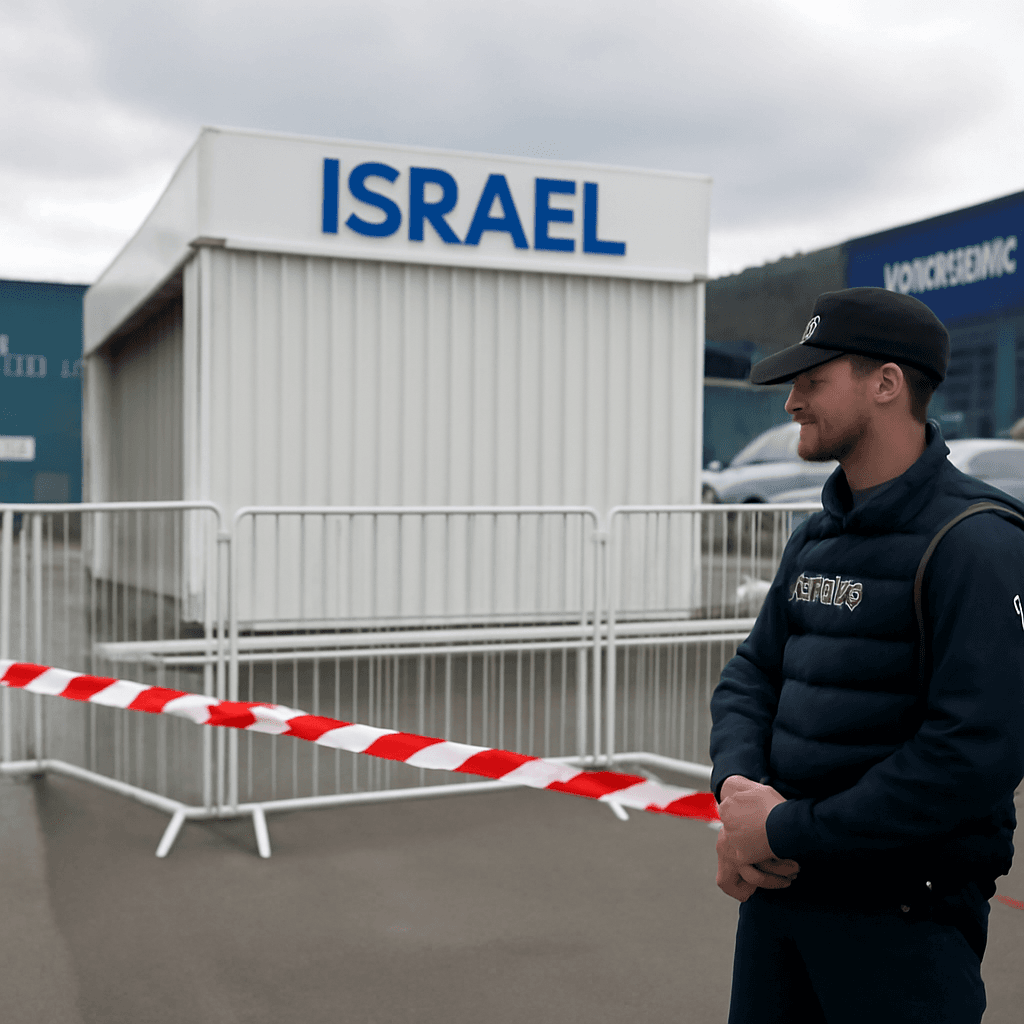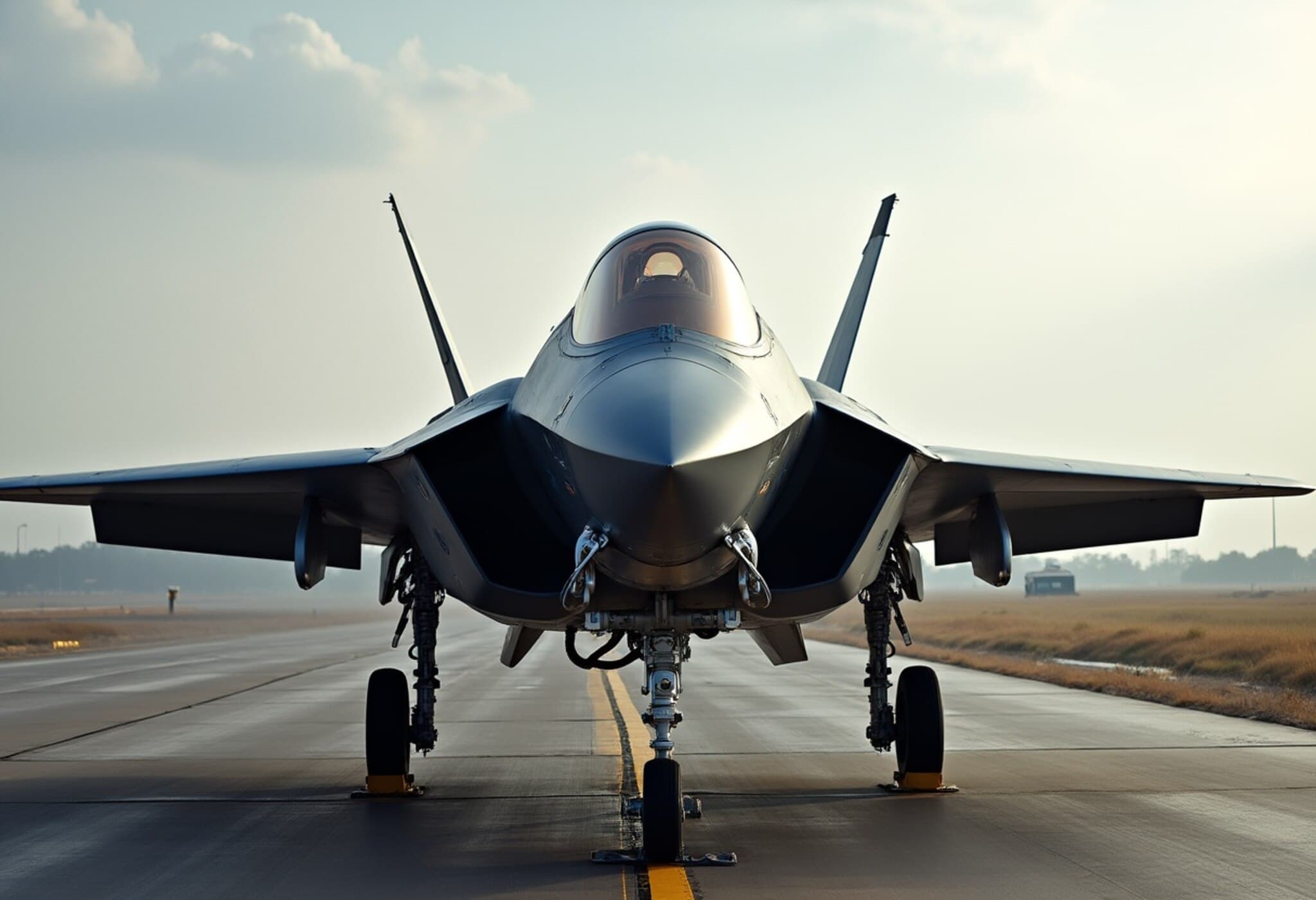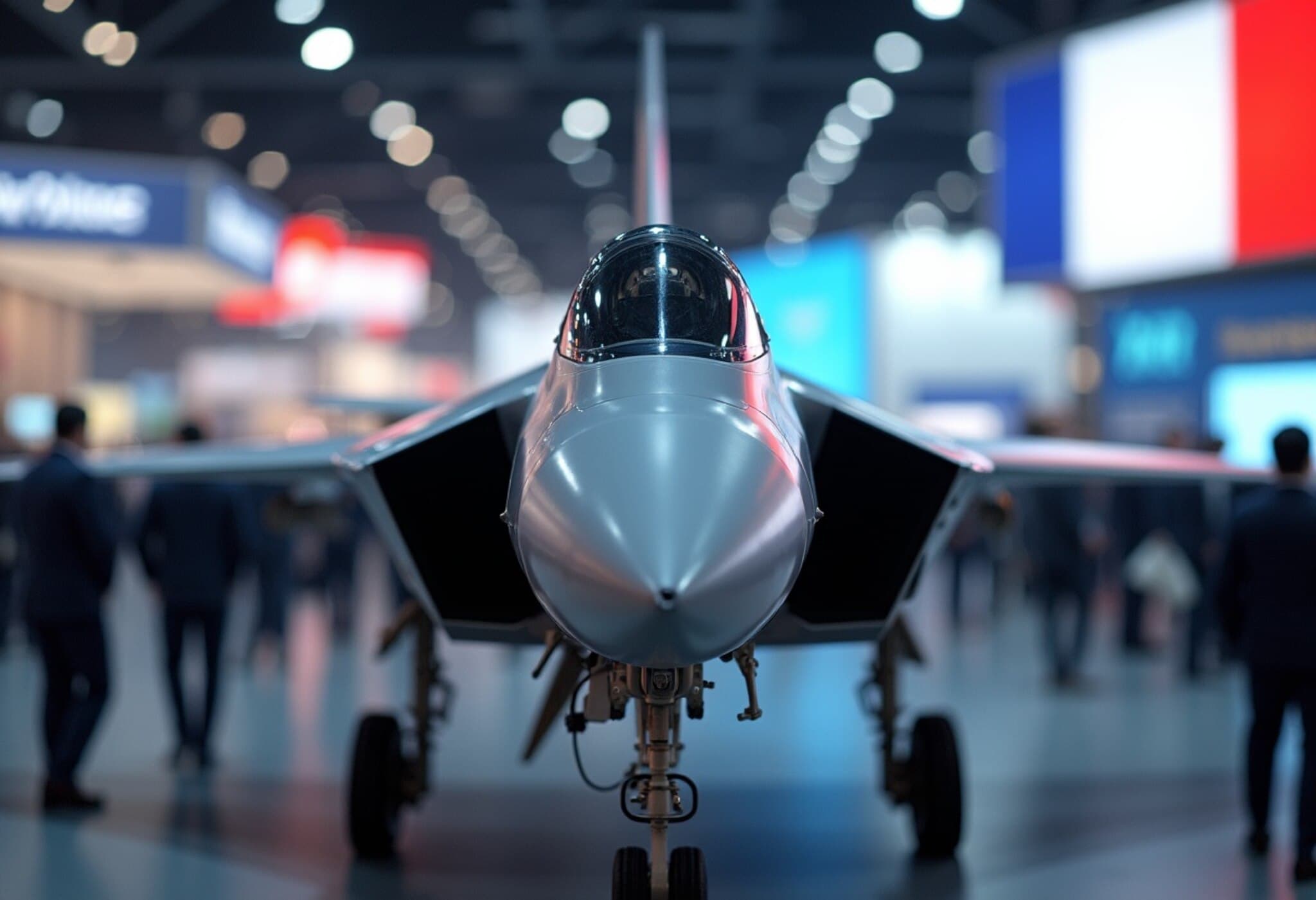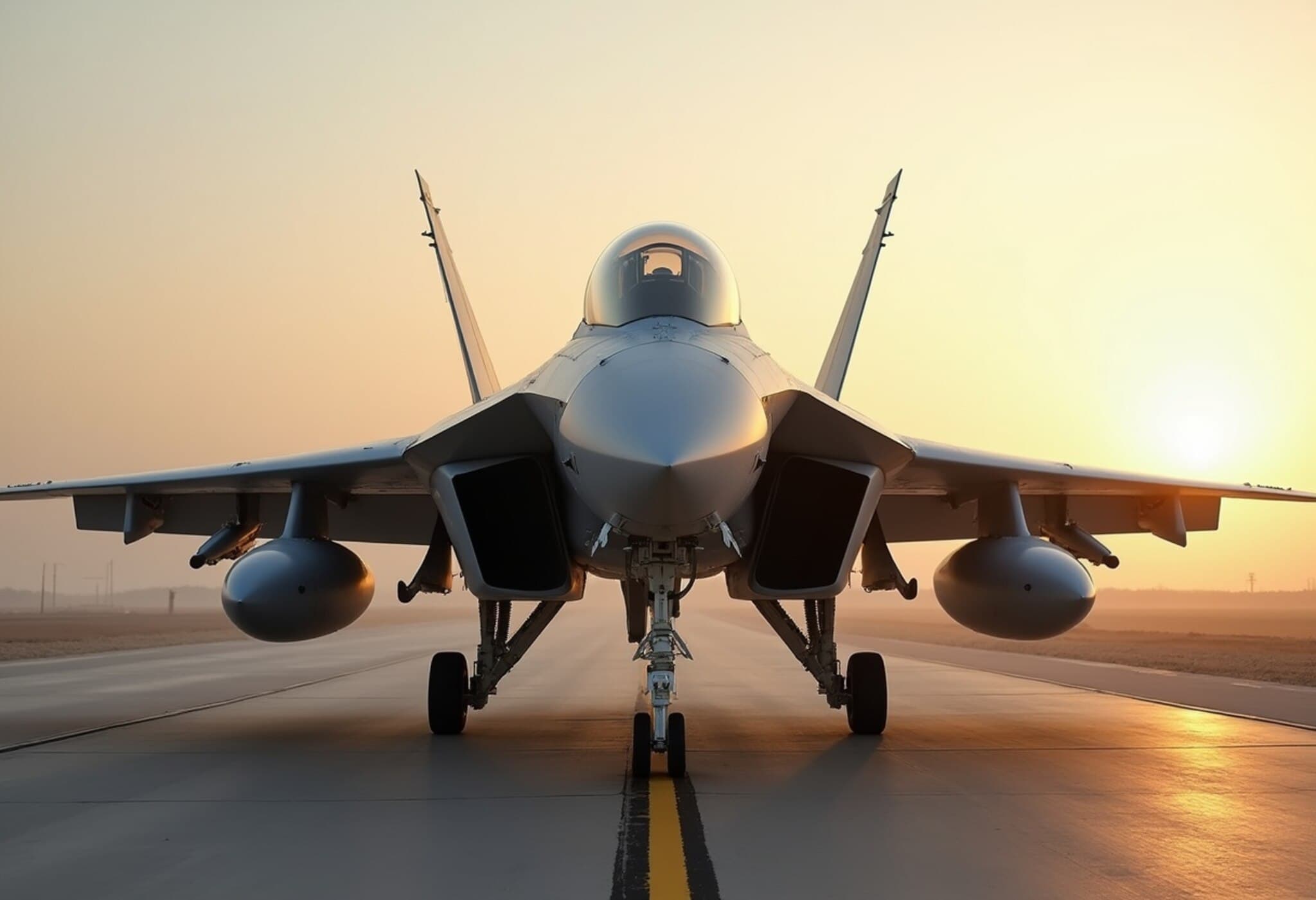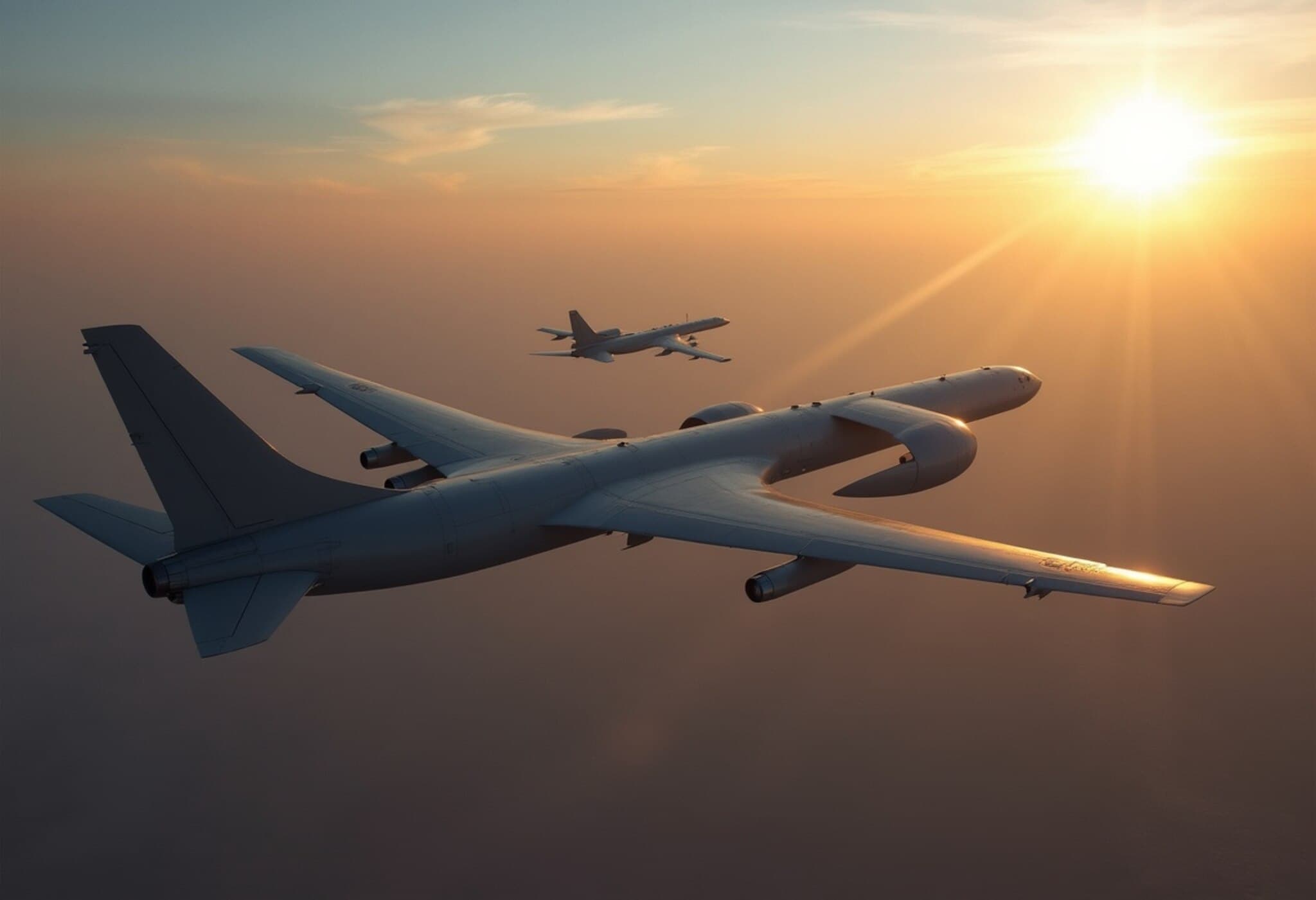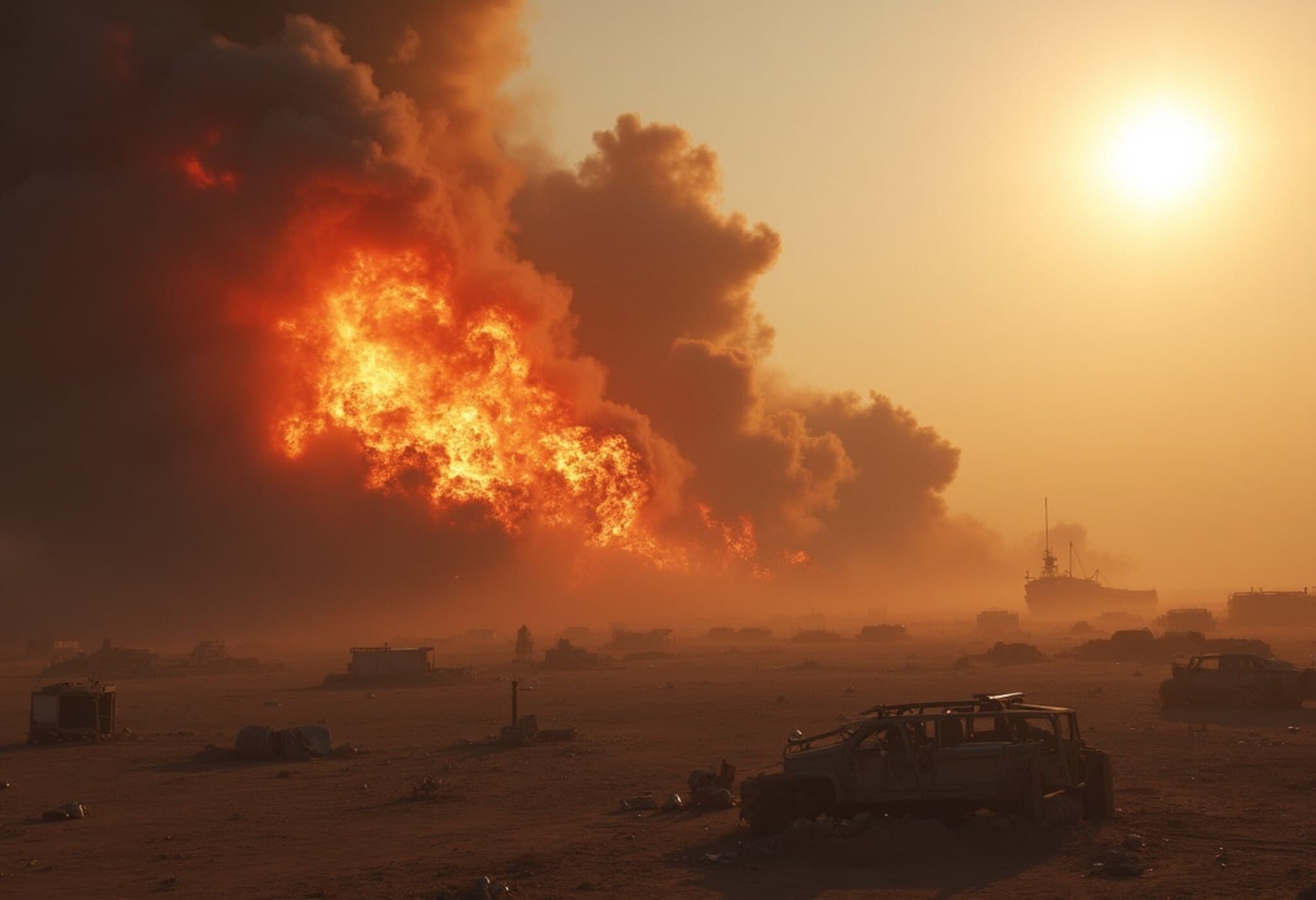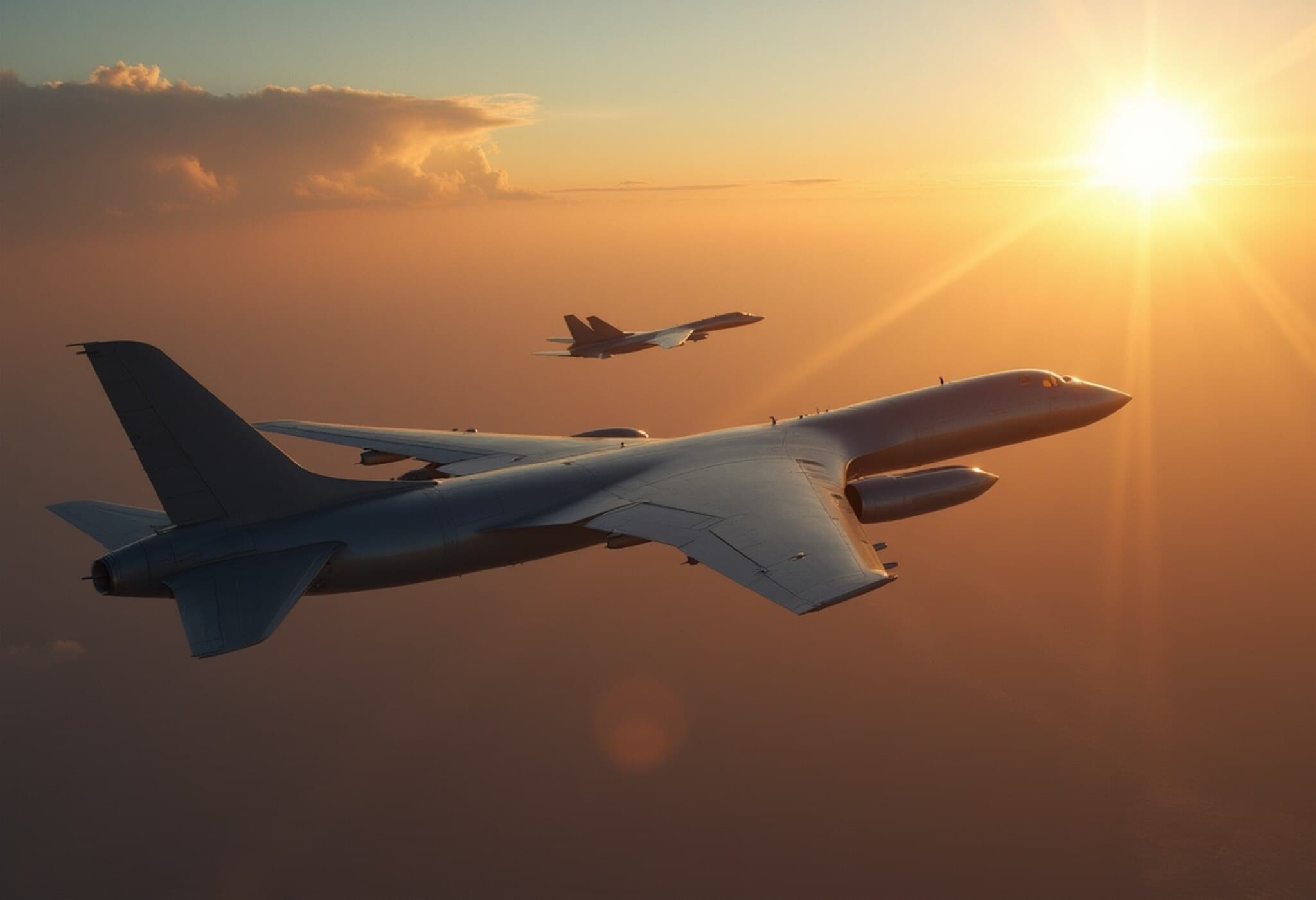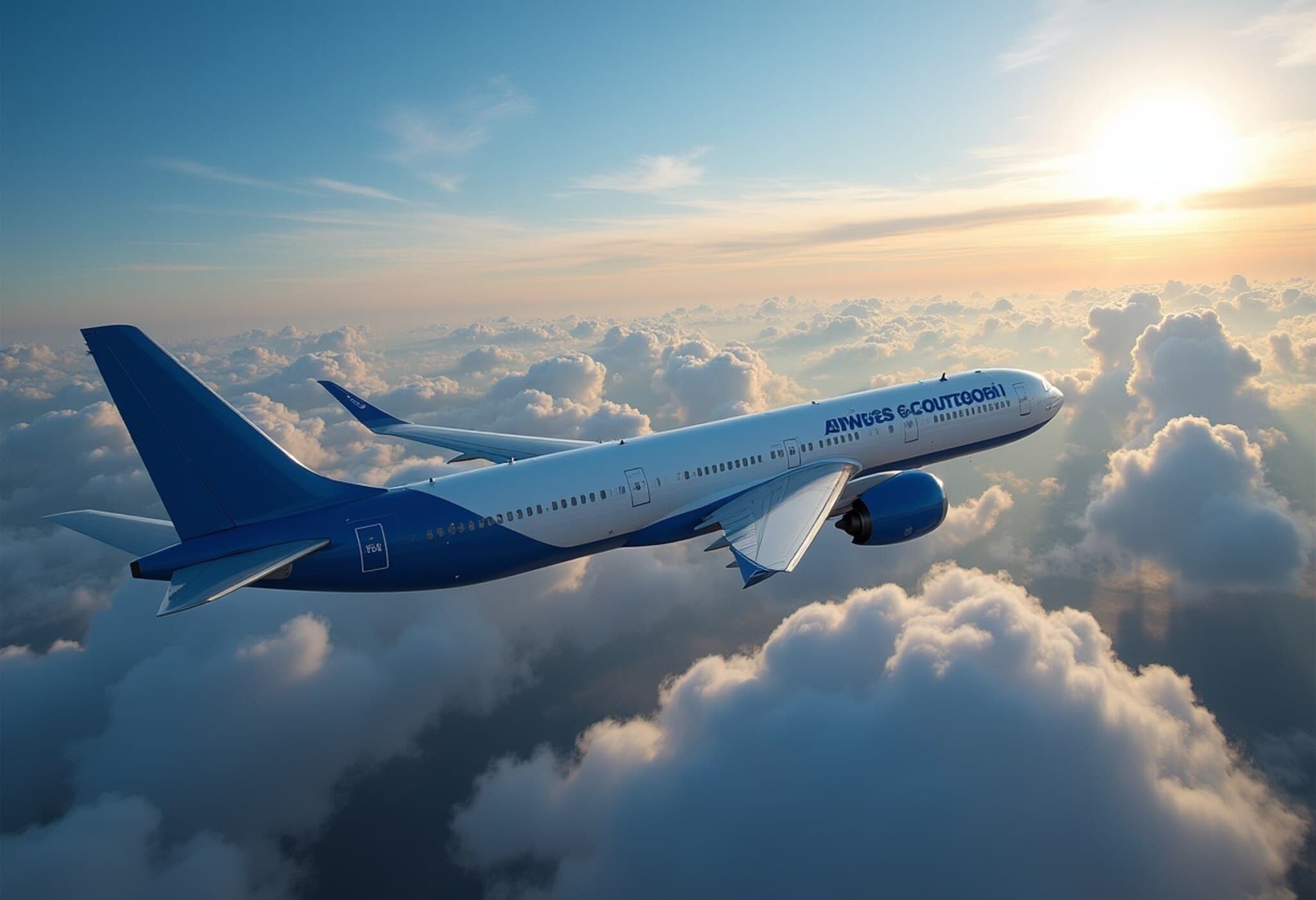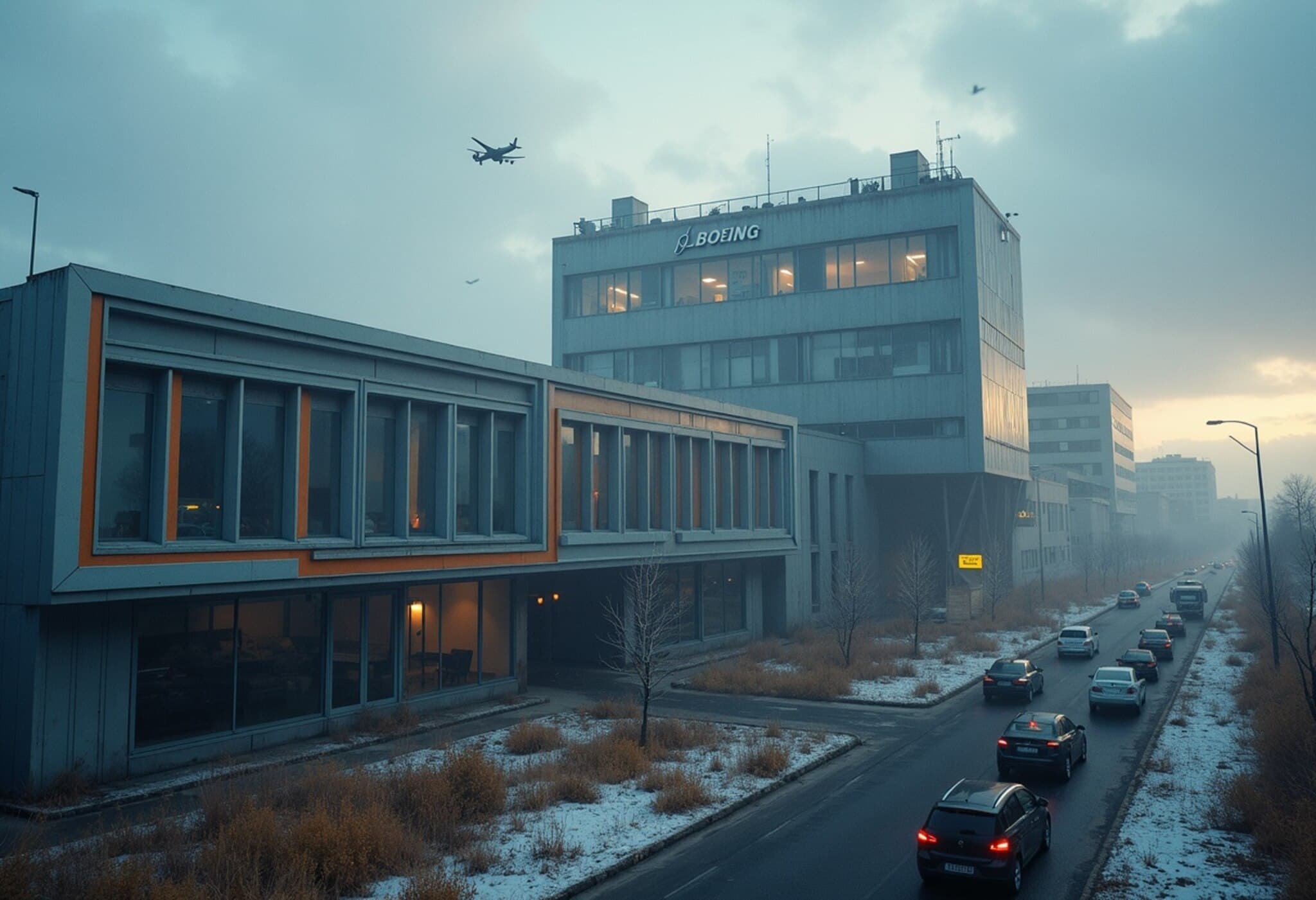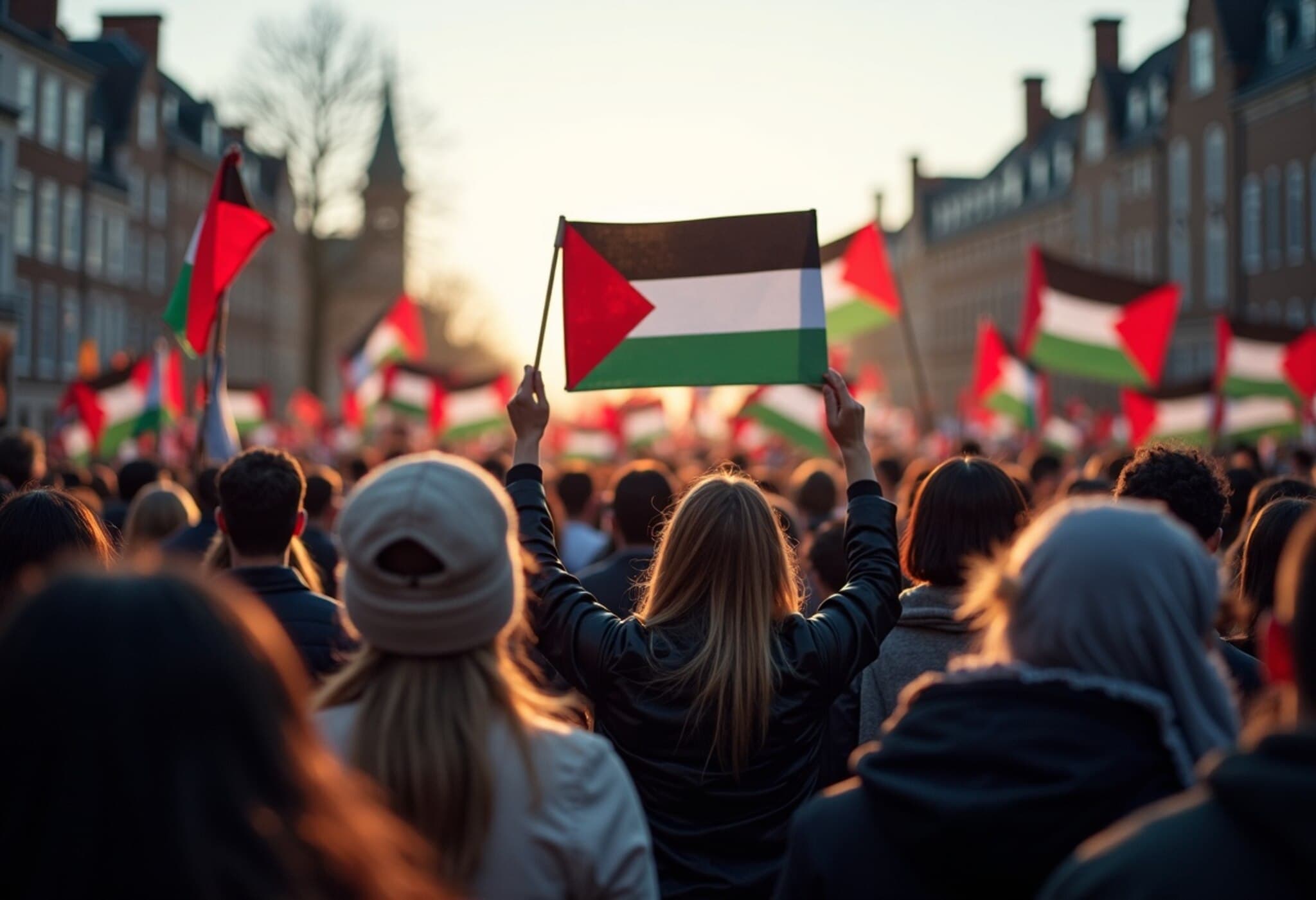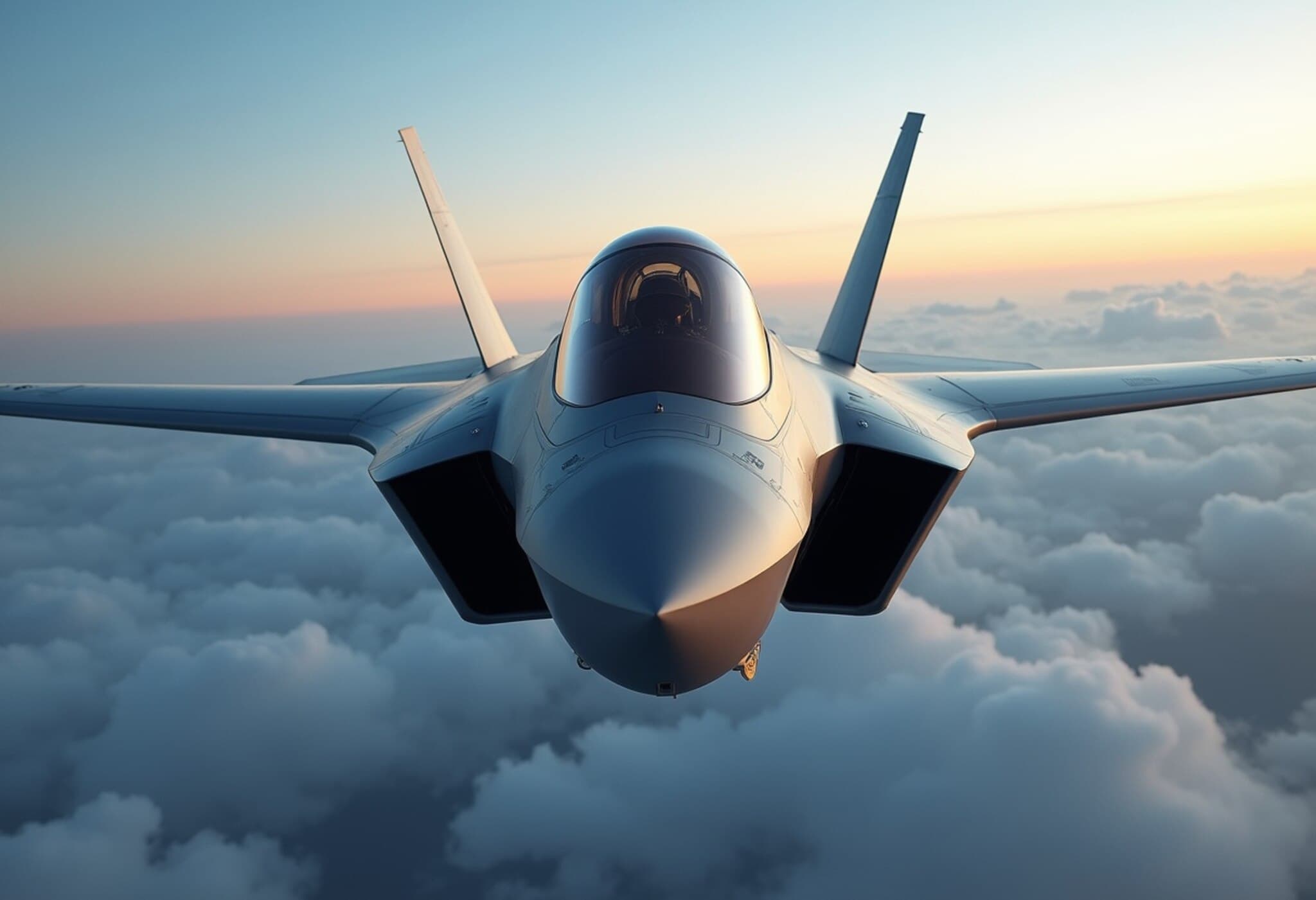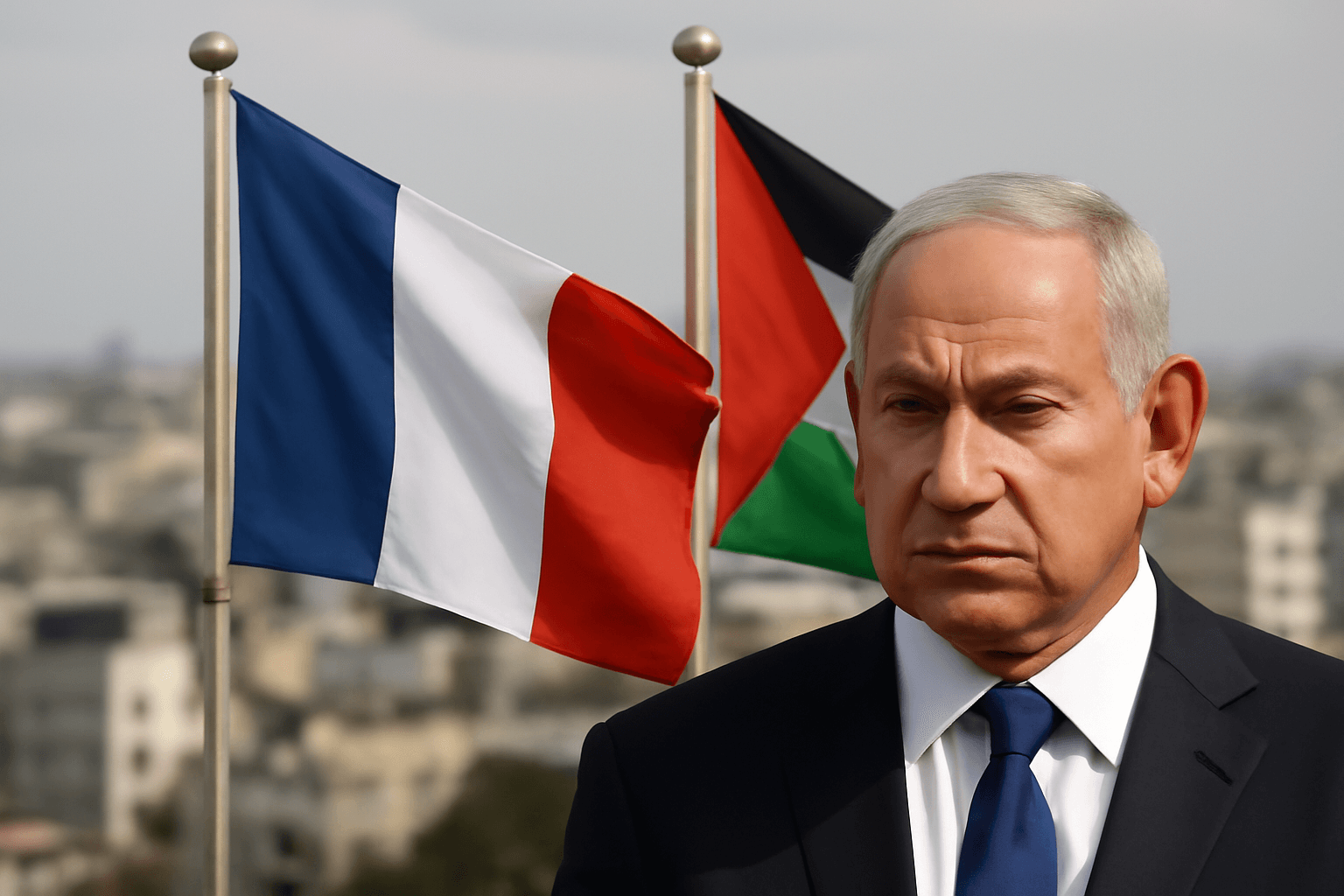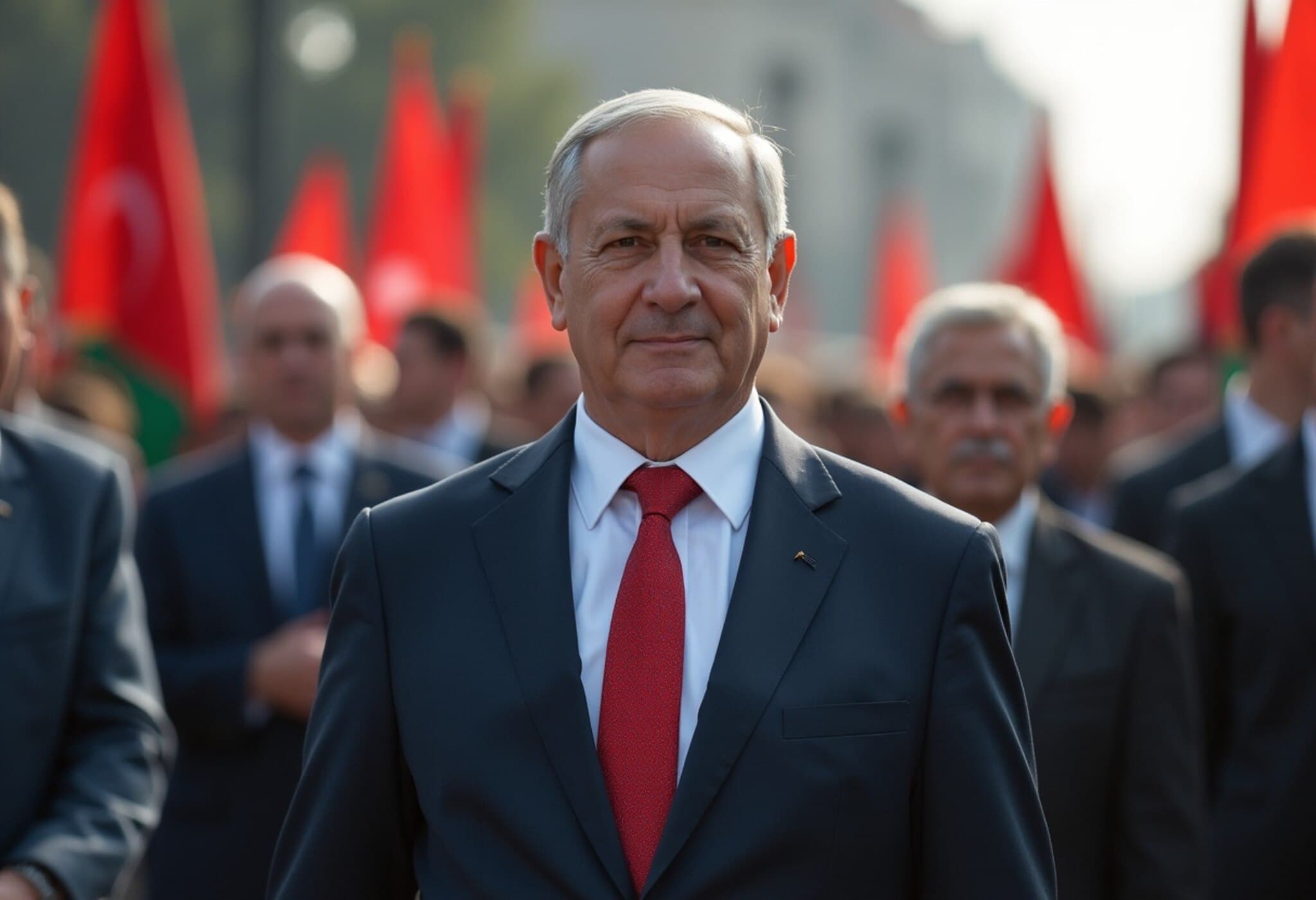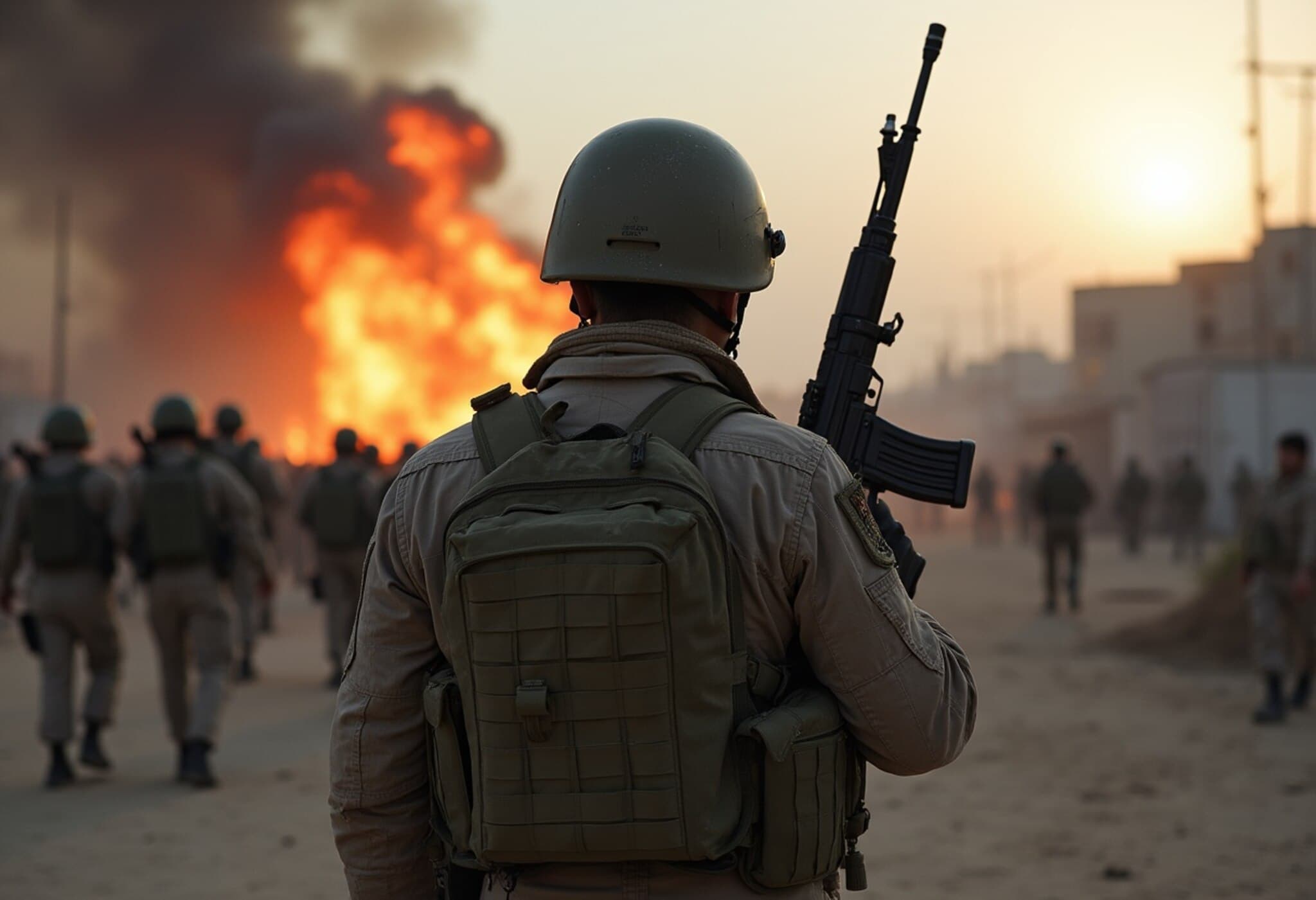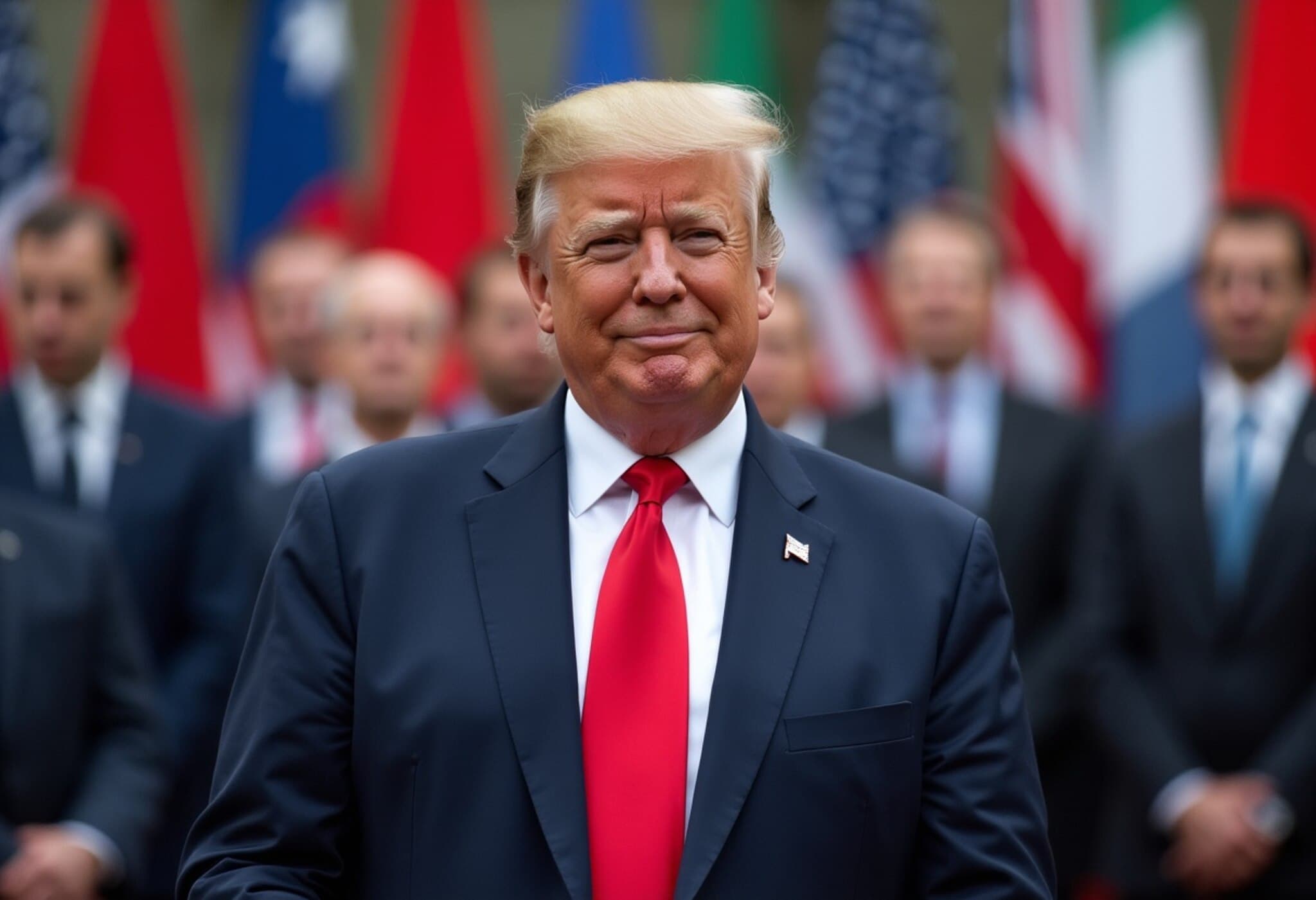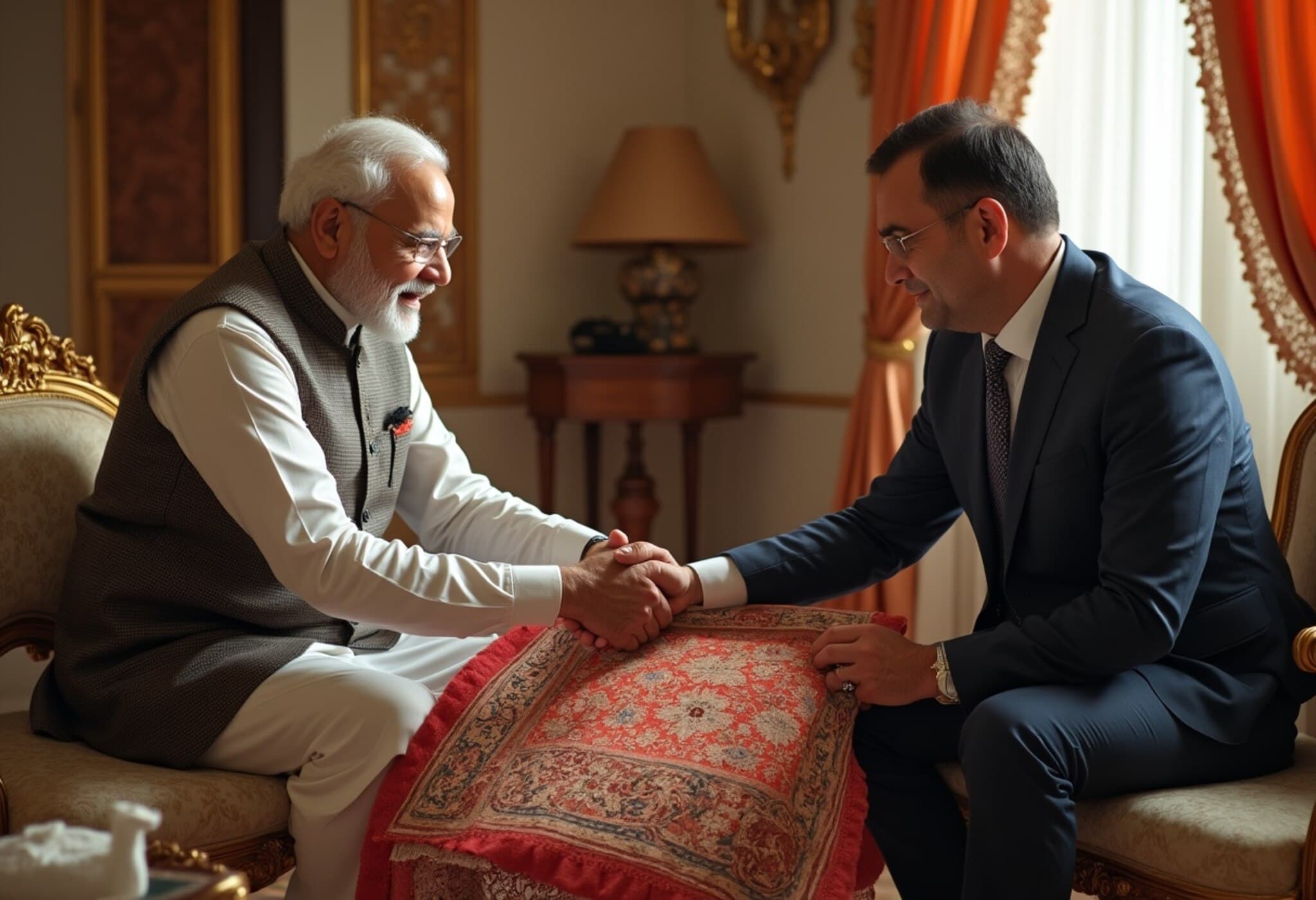Paris Air Show Opens Amid Geopolitical Strains
The prestigious Paris Air Show was overshadowed by heightened geopolitical tensions as French authorities closed Israeli defense industry booths on Monday. This controversial move, tied to ongoing conflicts in Gaza and Iran, drew sharp criticism from Israeli officials, who denounced it as "outrageous."
Blackout of Israeli Defense Exhibits Raises Eyebrows
At the Le Bourget airfield near Paris, black partitions enveloped the stands of five Israeli defense companies, including Israel Aerospace Industries, Rafael, Uvision, Elbit, and Aeronautics. These firms showcased drones, guided bombs, and missile technologies. According to French officials, the displayed systems were deemed "offensive weapons" potentially involved in the conflict in Gaza, violating prior agreements with Israeli authorities. The French government, however, has not precisely defined what constitutes "offensive" weaponry.
In response, an Israeli exhibitor chalked a message on the obscuring walls, stating the hidden defense systems "are protecting the state of Israel these days," and accused the French government of discrimination.
French Government’s Stance: No Offensive Weapons Allowed
French Prime Minister François Bayrou defended the closure at a press briefing, emphasizing a clear policy distinction: "No offensive weapons at the arms exposition," although "defensive weapons were perfectly acceptable." Bayrou cited the severe humanitarian and security situation in Gaza as the primary reason behind the ban.
Israel’s Strong Rebuttal and Accusations of Discrimination
Israeli President Isaac Herzog expressed shock at the closures, describing the move as "outrageous" and calling for an immediate reversal. He likened the action to "creating an Israeli ghetto" at the trade fair.
The Israeli defense ministry criticized the decision as "outrageous and unprecedented," suggesting it was motivated by both political bias and commercial rivalry, given that Israeli weapons compete directly with French defense industries. Israeli military officials also highlighted the remarkable precision of Israeli technology in recent strikes against Iranian military and nuclear sites.
Adding to the controversy, Amir Baram, an Israeli defense general, labeled the action "anti-Semitic" and vowed to legally challenge the ban in French courts.
Wider Political Fallout and Public Reactions
The Israeli presence at Le Bourget was already contentious amid the Gaza conflict. A recent French court decision rejected NGO efforts to exclude Israeli companies over allegations of "international crimes." Nevertheless, local politicians from the Seine-Saint-Denis region boycotted the event's opening in protest of Israel’s involvement.
French far-right leader Marine Le Pen also condemned the move as "unacceptable discrimination," warning it harms France’s international reputation, particularly in volatile geopolitical times.
The Paris Air Show organizers acknowledged ongoing discussions aimed at resolving the dispute constructively.
Boeing and Airbus Amidst the Turmoil
While the dispute over Israeli defense firms made headlines, the air show continued its display of aerospace innovation. Airbus announced significant deals, including orders for 30 A320neo single-aisle jets and 10 A350 freighters by Saudi Leasing firm AviLease, along with 25 A350-1000 wide-body jets for Riyadh Air.
Meanwhile, Boeing's CEO Kelly Ortberg opted out of attending, choosing instead to prioritize the investigation into the recent Air India Dreamliner crash that claimed 279 lives. A Boeing spokesperson noted the company’s focus remains on supporting customers rather than securing new orders at the show.
Conclusion
The closure of Israeli defense booths at one of the world’s premier aerospace events highlights how global conflicts continue to permeate international trade shows. With tensions high and dialogue ongoing, the Paris Air Show offers a snapshot of how politics and defense commerce intersect on the global stage.

